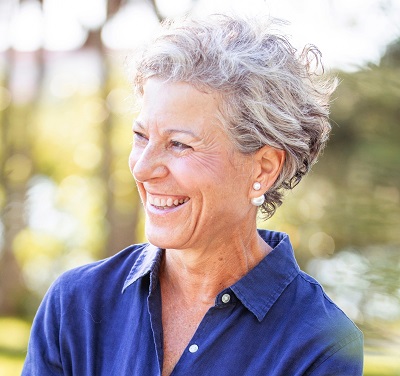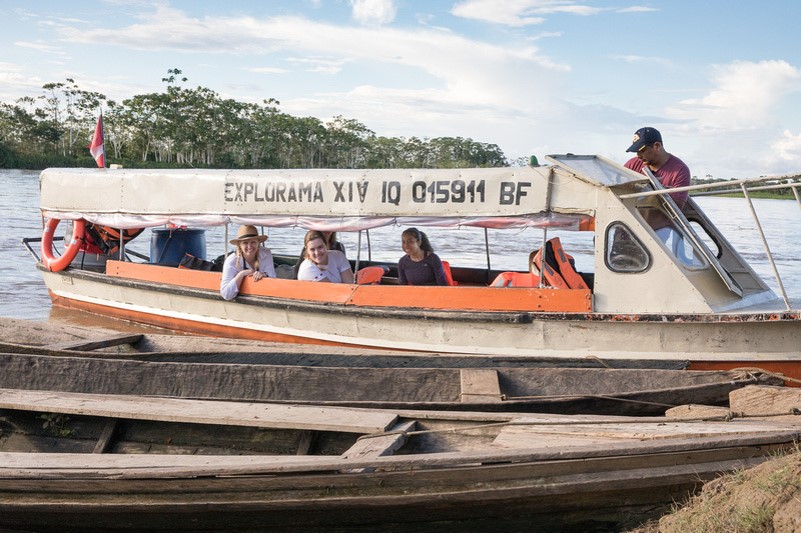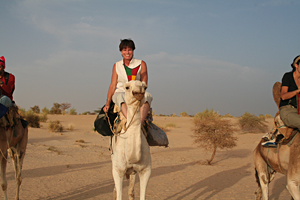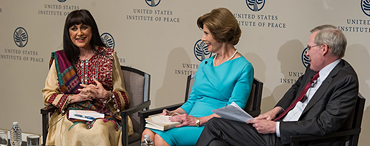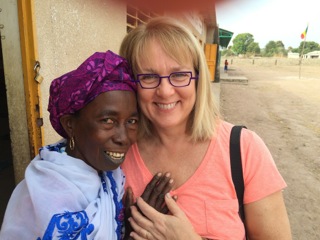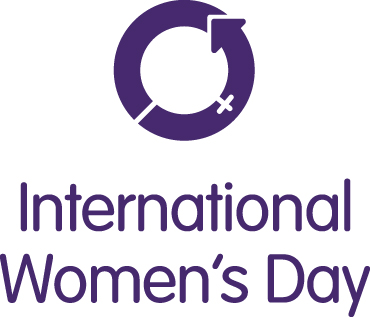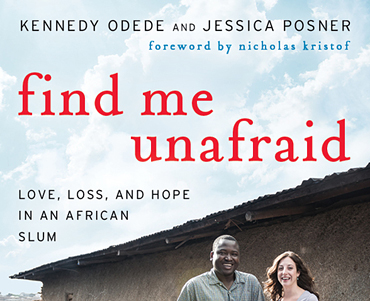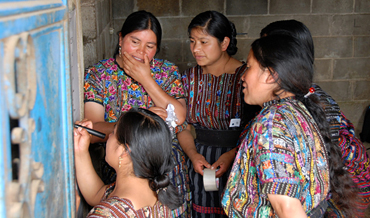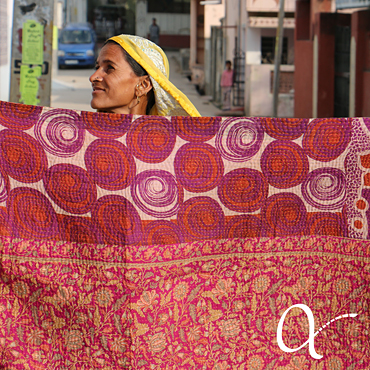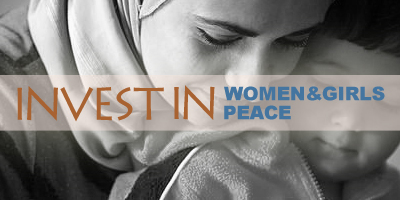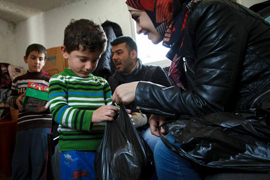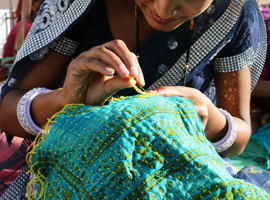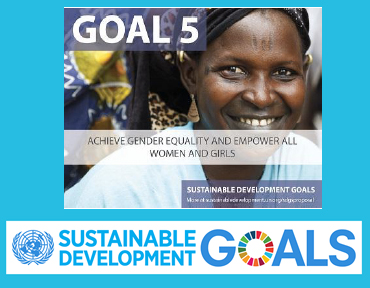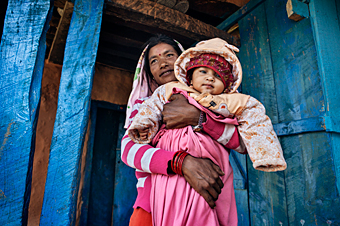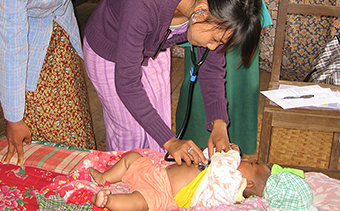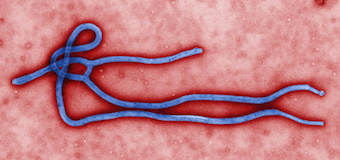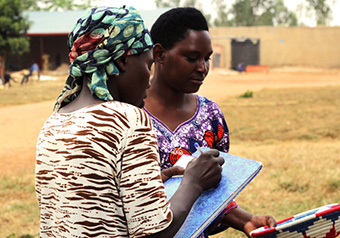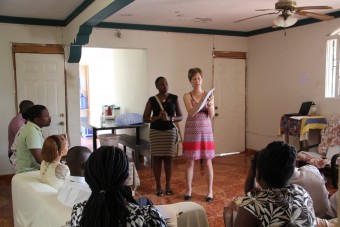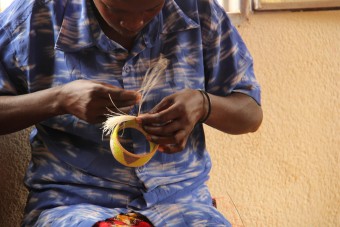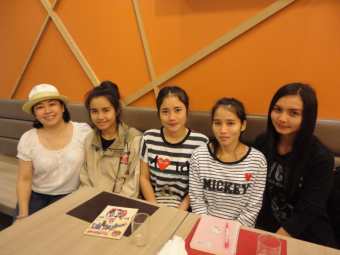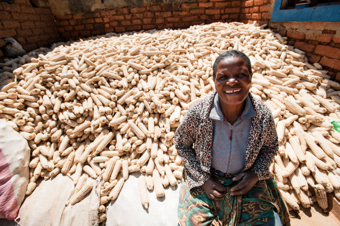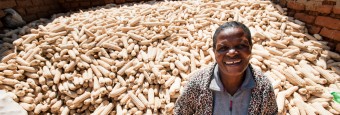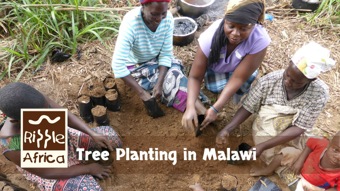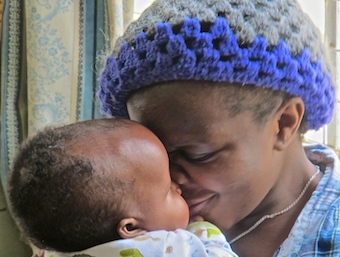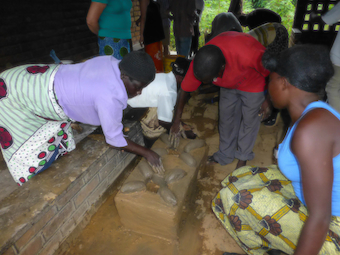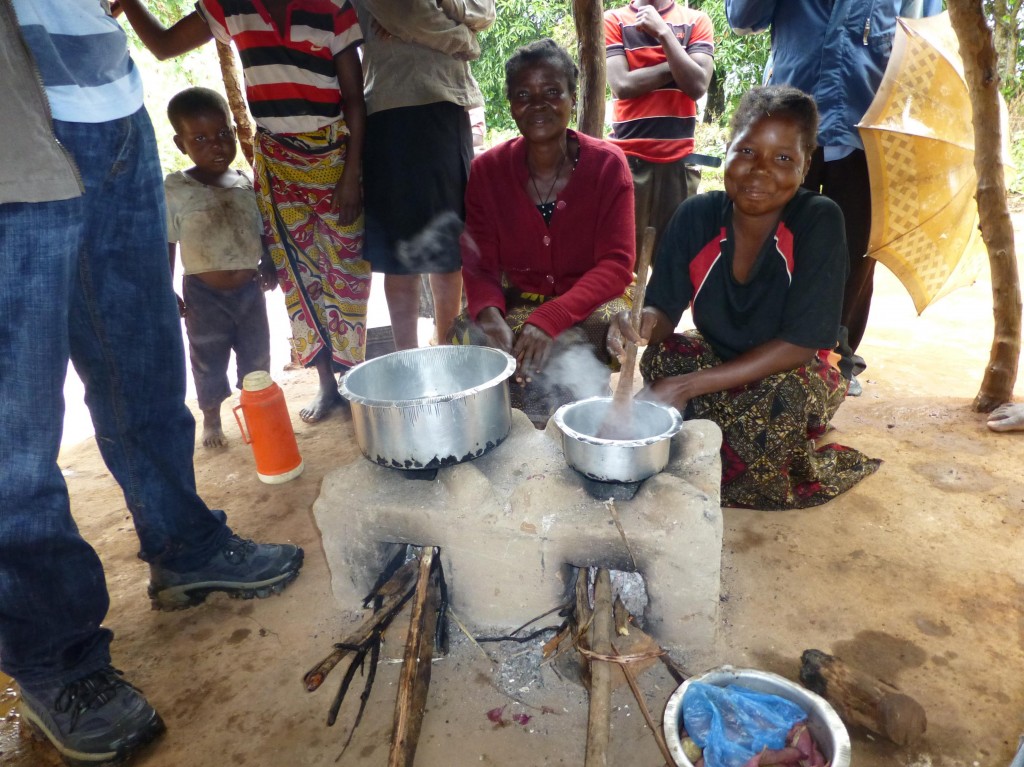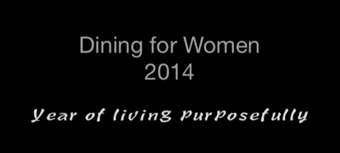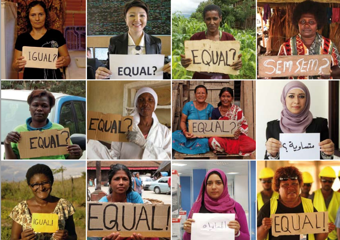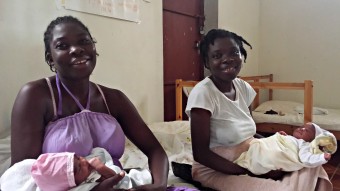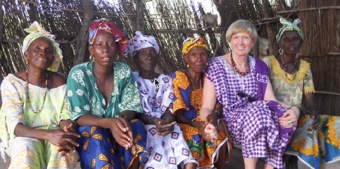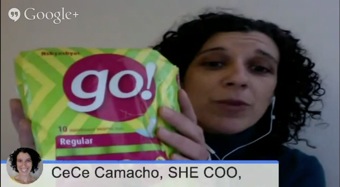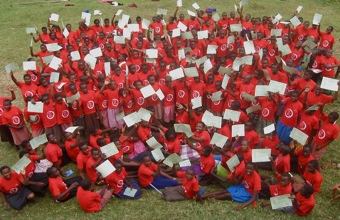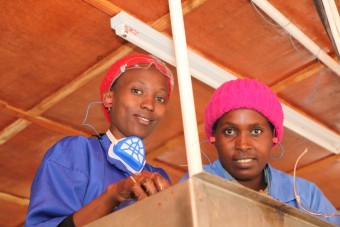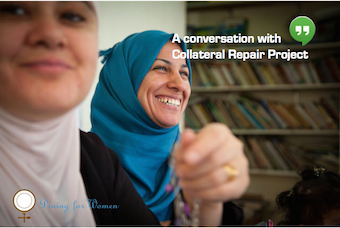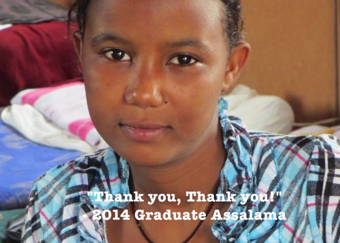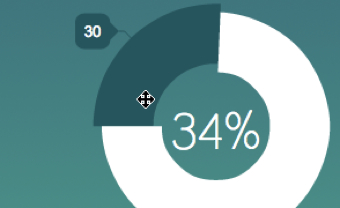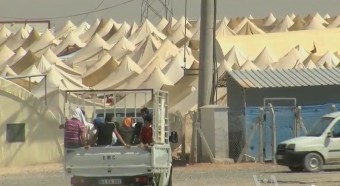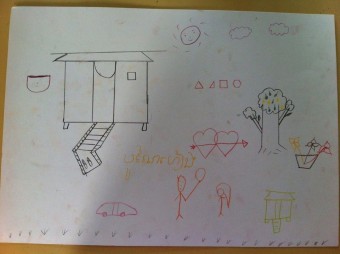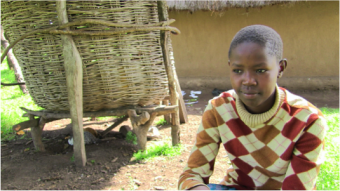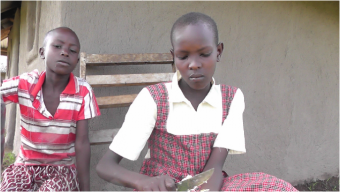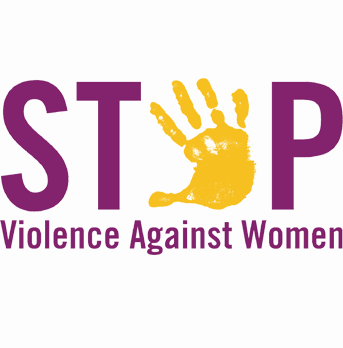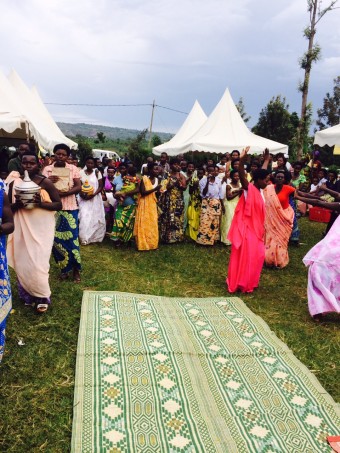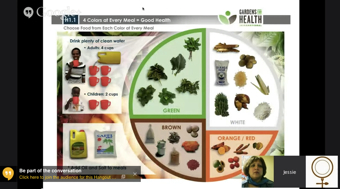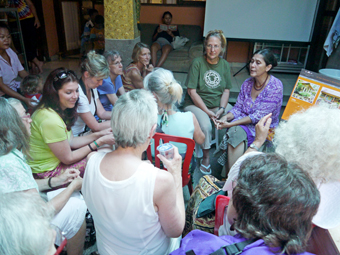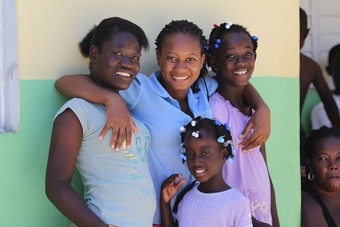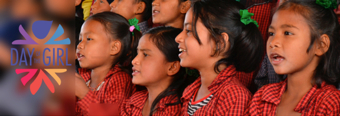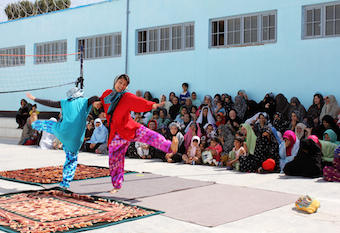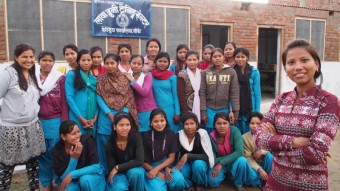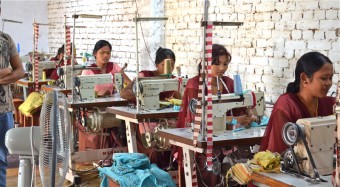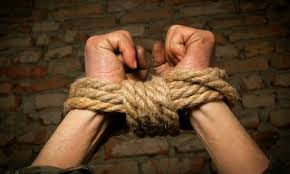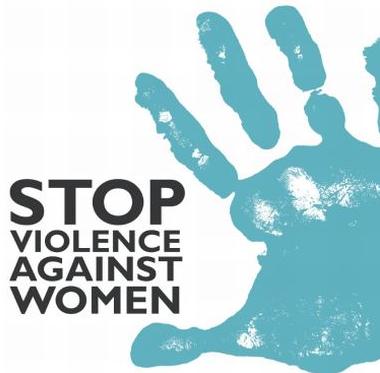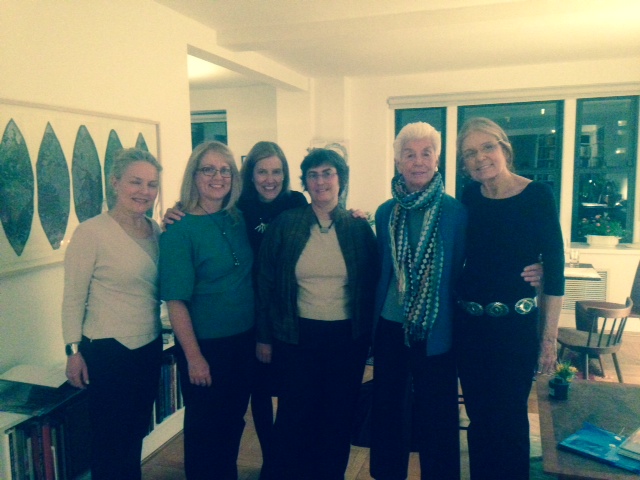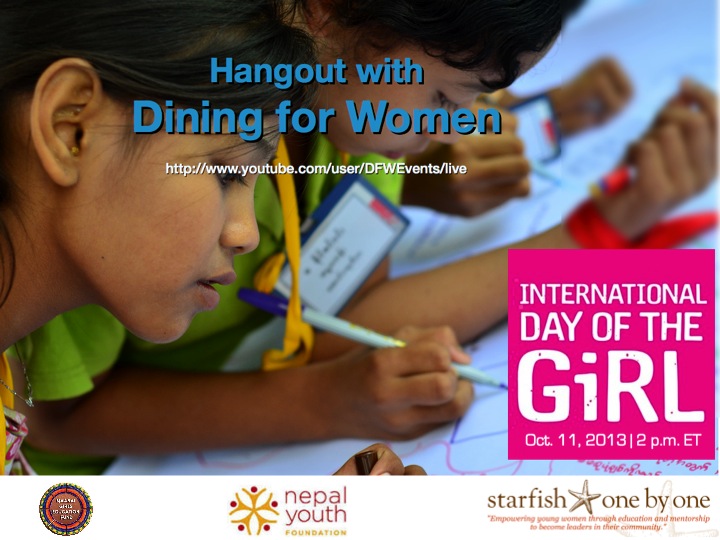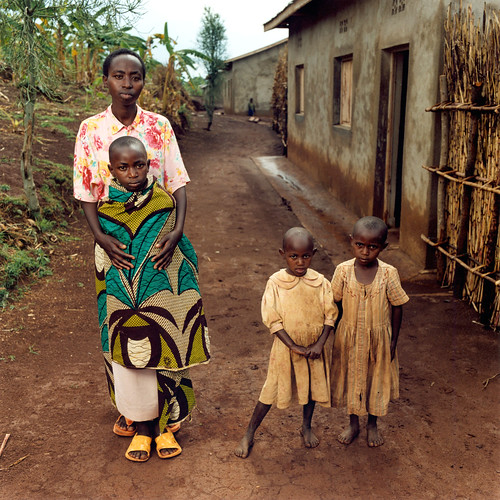Landesa: Empowering Women Through Land Rights
By Ellen Weiss, Transformation Partnerships Writer
Imagine a world where women have equal footing. A world where the power offered by secure rights to land is shared by women and men. A world where that power is used to strengthen the livelihoods of women, their families, and their communities.
This vision propels Landesa’s work with local, grassroots organizations in more than 50 countries.
Founded in 1981, Landesa is a non-governmental organization that partners with governments and civil society 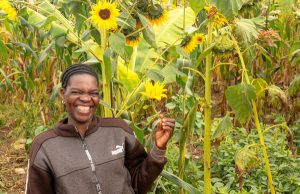 to extend and strengthen land rights for women experiencing poverty. Stronger rights to land have the power to reduce poverty and conflict, increase economic activity, empower women, strengthen food security, and improve environmental stewardship.
to extend and strengthen land rights for women experiencing poverty. Stronger rights to land have the power to reduce poverty and conflict, increase economic activity, empower women, strengthen food security, and improve environmental stewardship.
Landesa is one of Together Women Rise’s Transformation Partners. Our support of $200,000 over two years is furthering Landesa’s critical work, including Stand for Her Land — a global advocacy campaign spearheaded by Landesa to secure women’s rights to the homes they live in and the resources they care for and to engage men on the journey to equality.
“Together Women Rise is proud to be partnering with Landesa, a trailblazing organization that is fighting to change the systems that hold women back from achieving land rights and gender justice,” says Beverley Francis-Gibson, Rise’s CEO. “Landesa has a proven track record in securing property rights for women – having worked in over 50 countries where women still encounter persistent barriers to their land rights. Land rights are part of women’s human rights and a key component of gender equality.”

